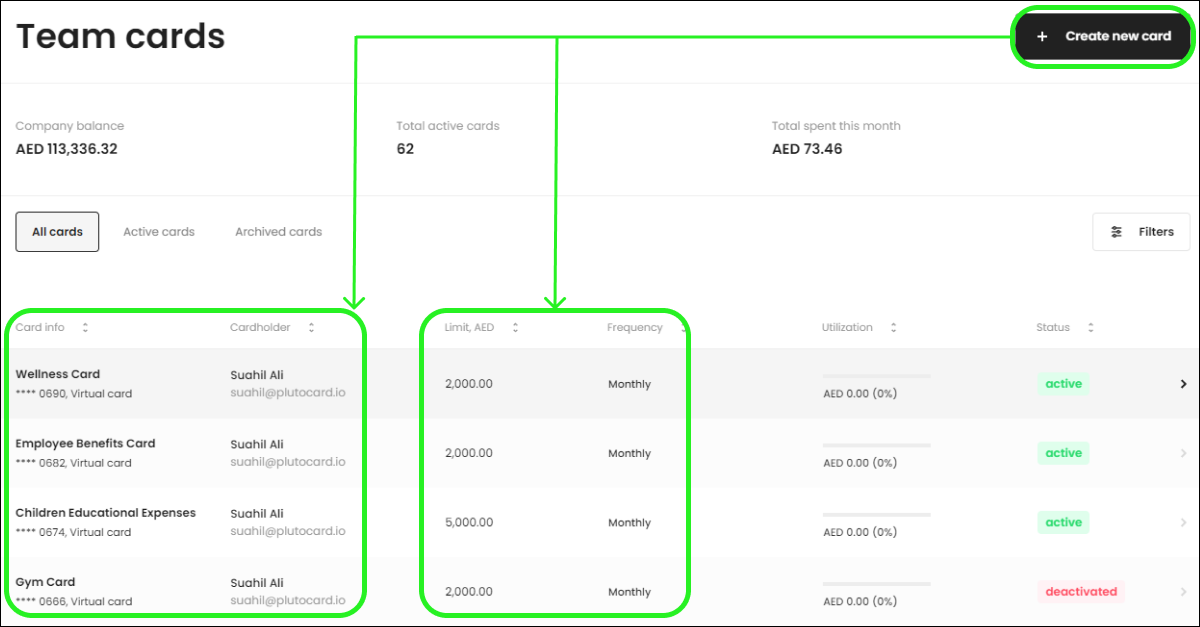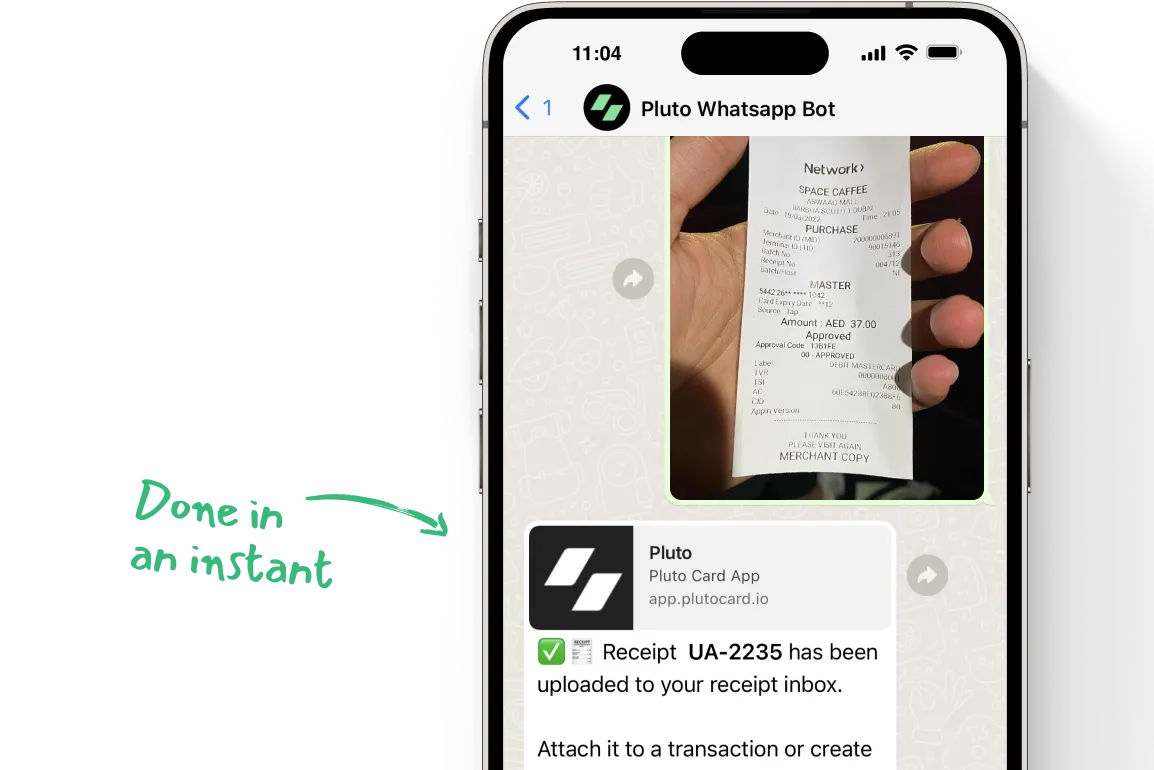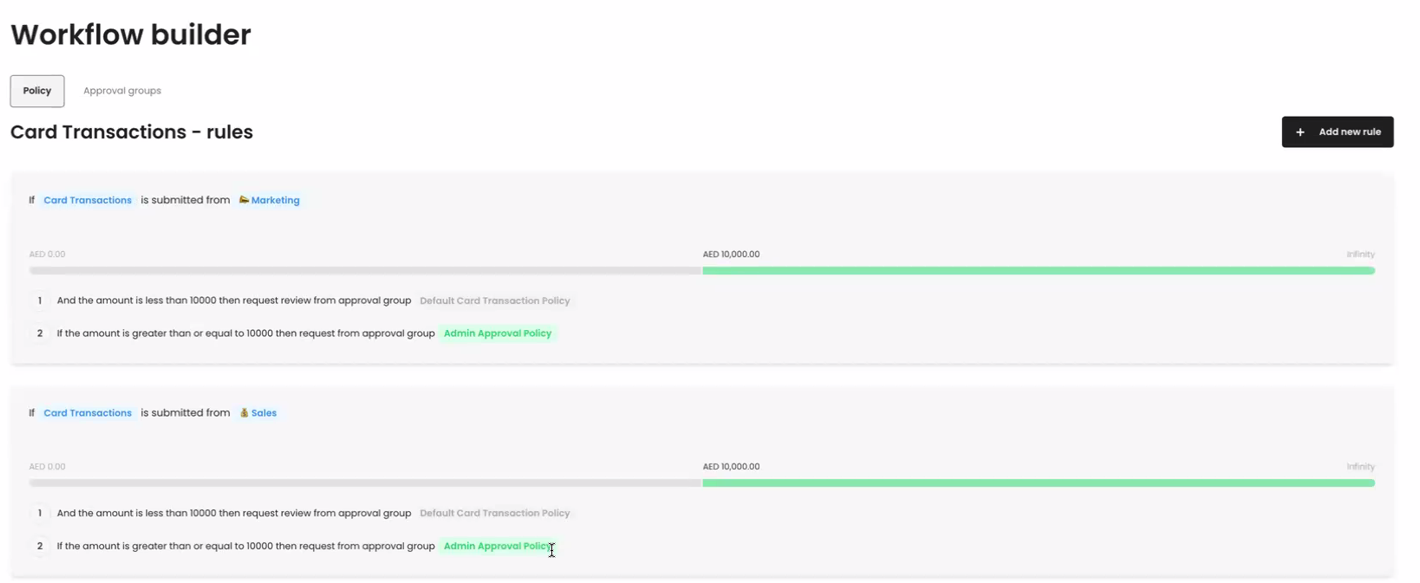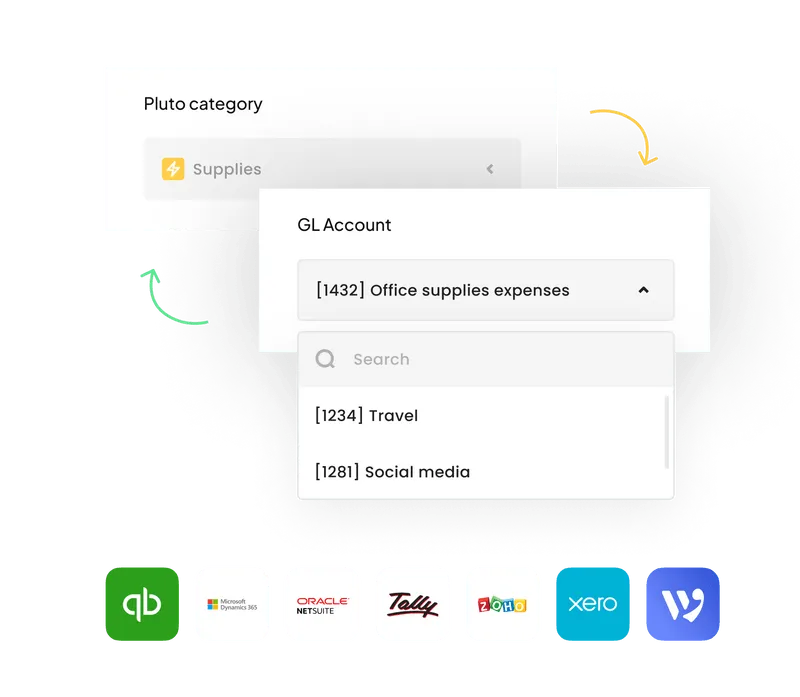At early-stage startups, there is usually no finance team.
The founder ends up approving everything—software subscriptions, ad budgets, lunch reimbursements. Not because they want to, but because there is no system to manage who can spend, how much, or on what.
This leads to two problems:
- Wasted time – the founder becomes the default gatekeeper
- Zero visibility – expenses are scattered across cards, emails, and spreadsheets
This is where modern corporate cards help.
Unlike traditional cards, they offer built-in controls—so you can set limits, assign cards to different teams, and track every expense in one place. It gives startups a basic spending structure without the need for a full finance setup.
In this blog post, we will explore how these cards work, why they matter, and how they can help you stay in control without slowing your team down.
Why Traditional Credit Cards Fall Short for Startup Spend
Traditional corporate credit cards typically follow a structured approach—a finance team, defined budgets, and a designated individual responsible for monitoring spending.
Most startups have none of that. What they have is one or two founders fielding Slack messages like,
“Hey, can I use the card for this?”
“Need the OTP again.”
“This subscription just renewed — were we still using it?”
And while credit cards help build credit and give a buffer for better cash flow, in reality, they are hard to even qualify for without revenue or a personal guarantee.
Moreover, they offer little control over spending. Teams spend first and reconcile it later. Founders see the full story only at the end of the month, buried in a statement that is disconnected from context.
Startups need a way to enable spending without losing visibility or control. A way to let teams move quickly, within clearly defined budgets, without routing every decision through the CEO.
Prepaid Corporate Cards: The Spending System That Replaces Ad-Hoc Approvals
Unlike traditional credit cards, prepaid corporate cards do not offer a credit line. Instead, they are funded upfront and issued to individual team members or functions with clear, fixed limits.
- $10,000 for marketing
- $2,000 for design tools
- $500 for subscriptions or travel
Once the balance is depleted, the card is no longer valid. Teams cannot overspend. Finance does not need to follow up. And the founder is not approving every purchase over Slack.
Every transaction is visible in real time, categorized as it happens, and aligned to a predefined budget. You are not waiting for a monthly statement to understand where the money went—you are in control from the start.
This is not just a payment method. It is a spend system that brings structure without adding headcount.
Choosing the Right Corporate Card for Your Startup
Not all corporate card systems are designed for startups, especially those without a full-time finance team or established policies in place.
When choosing a solution, the goal is not just to issue cards, but to gain control, visibility, and speed, without extra admin overhead.
Here are the key features to look for in a startup-friendly corporate card system:
1. Ease of use

Startups need something that works out of the box. From onboarding to day-to-day management, the platform should feel intuitive.
Pluto offers a simple setup process and a clean interface for both founders and team leads. It supports the instant issuance of both virtual and physical cards, allowing teams to get started without delay.
2. Card-level restrictions

Cards without a limit mean intervention at each step, and founders looped into the email and Slack thread for approvals.
Pluto allows you to define spending limits per card, lock or allow certain vendors, and even block specific categories (such as fuel or entertainment) for roles that do not require them.
You can set daily, monthly, or per-transaction limits, and even configure cards to auto-freeze on policy violations, such as missing receipt.
3. Receipt capture

Chasing receipts is one of the biggest time-wasters at the end of the month.
Pluto simplifies this with real-time WhatsApp reminders that prompt employees to upload receipts right after a transaction. The system uses optical character recognition (OCR) to automatically match receipts with the corresponding transaction, eliminating the need for manual entry.
4. Approval workflows

Even with card-level rules, certain expenses, like spending over $10,000, need additional approval.
But instead of making employees switch between apps or chase approvals over email, Pluto lets you set up no-code approval workflows. Routine expenses go through automatically, while high-value or flagged spends are routed to the right manager.
You can set workflows based on department, vendor, or spend type, without technical support.
5. Real-time visibility

You should not have to wait till the end of the month to know how money is being spent.
Pluto gives you real-time visibility into every transaction—card by card, team by team—so you always know how budgets are being used. Also, it automatically flags duplicate receipts, preventing fraud and theft.
6. Sync with accounting

To reduce time spent on reconciliation, look for cards that integrate with accounting and enterprise resource planning (ERP) tools.
Pluto integrates with tools like NetSuite, QuickBooks, Xero, and others. Expenses are automatically categorized and mapped into your system, cutting hours of manual clean-up and closing the loop faster.
7. Cashback
Every dollar counts, especially at early stages. Analyze the perks like redeemable points, cashbacks, and lounge access that you get with the card.
Pluto offers up to 2% unlimited cash back on all purchases, making it one of the few prepaid cards with a built-in return on regular business expenses.
Success Story: How Platinum Heritage Simplified Spend Management with Pluto Cards
Platinum Heritage—a luxury desert safari company in Dubai—was unable to manage company spending, which had become increasingly complex as the business expanded.
Between petty cash transactions and shared corporate cards, the team struggled with delayed visibility, manual receipt collection, and an overwhelming reconciliation process.
The company needed a better solution—something that offered both control and real-time insight. That’s when they adopted Pluto cards, a turning point that changed their finance operations in just six months.
1. Card-Level Control Instead of Shared Corporate Cards
Previously, multiple employees used a single corporate card, which made it difficult to track individual spending.
With Pluto, each employee received their card with role-based limits. Whether it was an operations executive paying vendors or a field team member booking travel, every card had its budget and rules.
2. Real-Time Receipt Capture via WhatsApp
Previously, employees collected paper receipts and submitted them in batches, usually at the end of the week. Pluto changed that with WhatsApp-based receipt capture, prompting users to upload receipts promptly.
This small shift significantly reduced errors, missing receipts, and time spent reconciling expenses.
3. Better Spend Discipline, Without Bottlenecks
With clearer accountability and real-time approvals in place, Platinum Heritage saw a noticeable improvement in how teams managed expenses. Every swipe was tied to a person, a limit, and a purpose—bringing context to every transaction.
Platinum Heritage’s move to business expense cards reduced friction and boosted compliance. It provided the finance team with the visibility they needed, proving that better spend control doesn’t have to come at the cost of speed or flexibility.
Structure Startup Spend from Day One—Without the Headcount
In early-stage startups, every decision feels urgent, especially when it involves spending. Without a proper system, even the smallest purchase flows through the founder. Shared cards, manual approvals, late-night OTPs. It is inefficient, distracting, and entirely avoidable.
You do not need a finance team to fix this. You do not need to wait until Series B. You just need the right tools—ones that set clear boundaries and run in the background without pulling leadership into the weeds.
Smart corporate cards do exactly that.
They let you assign budgets, automate approvals, and track spending in real time, without introducing credit risk or complexity. The team gets autonomy. You get visibility. No micromanagement. No reconciliation chaos at the end of the month.
This is how modern startups create spending discipline from day one—not by tightening control, but by building systems that do it for them.
.png)


.png)















